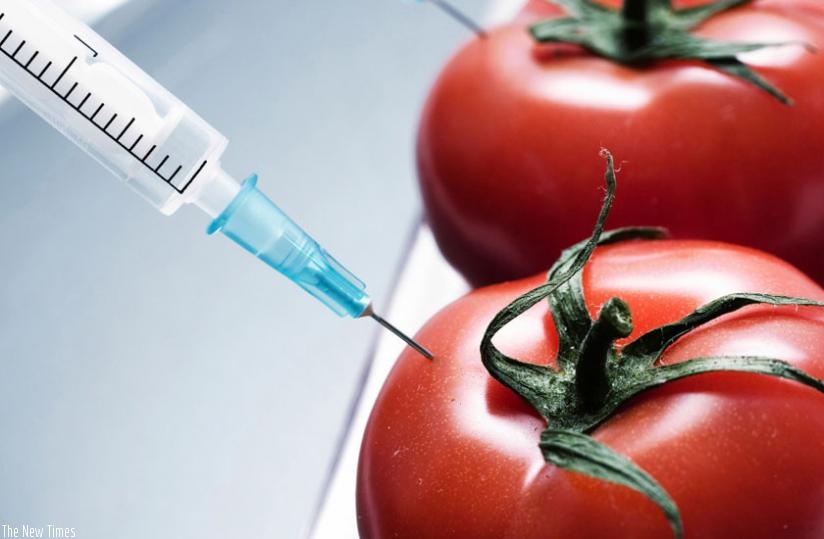Editor, Refer to the letter, “There is nothing wrong with food fortification” (The New Times, May 25). Mr Munanura claims that opponents of “science advancement in agriculture are much the same as a modern day human who would say that, ‘No; let’s go back to horses and avoid cars because cars are expensive and produce green house gasses’”.


Editor,
Refer to the letter, "There is nothing wrong with food fortification” (The New Times, May 25). Mr Munanura claims that opponents of "science advancement in agriculture are much the same as a modern day human who would say that, ‘No; let’s go back to horses and avoid cars because cars are expensive and produce green house gasses’”.
Such strawman arguments are unworthy.
Firstly, I come from Rwanda where horses are and have always been rarer than cars, and it would make no sense to want to go back to what has never been. Secondly, few of those who oppose the reckless introduction of GMOs in our country or continent are against science or even its very prudential application in agriculture.
You are too clever by half in attempting to conflate opposition against GMOs and science. Science can be useful, but we need to have a healthy skepticism about its uses, and the potential harm it can unleash.
As a category, scientists tend to be more accepting of experimentation and its risks than most of us ordinary mortals. That is fine as long as the scientists bear the consequences of such risks alone. But while Mr Munanura may wish to argue – as many proponents of GMOs have – that there is little evidence that their products are actually toxic to humans or animals, neither is there any evidence that they are "not” toxic, because such evidence can only emerge over time and only if the so-called biotechnology industry cooperated completely with fully independent researchers, which they stubbornly refuse to do.
Those "scientists” who falsely believe that the absence of definitive evidence of GMO toxicity is conclusive evidence that they are not toxic, are evidently well-schooled in the techniques of science but not so much in its processes or its principles, foremost among which is skepticism.
As an agrarian society, our food security is literally a matter of life-and-death that we can neither hand over to the likes of Monsanto (whose sole interest is maximization of its profits), or scientist-experts who receive generous research grants and other lucrative support from the biotechnological-GMO industry and its backers – both public and not so public.
The prudential principle is more critical on GMOs than it has ever been on any issue before, given the far-reaching and ecologically irreversible consequences of their take-up. And I am neither a Luddite nor in any way anti-science. Despite the frequent reports of the potential health hazards of radiation from mobile phones, I have no intention of relinquishing this note on which I write these words.
I have carefully weighed the risks against the benefits and chose to personally assume those risks, which are mine alone and nobody else’s.
Mwene Kalinda


